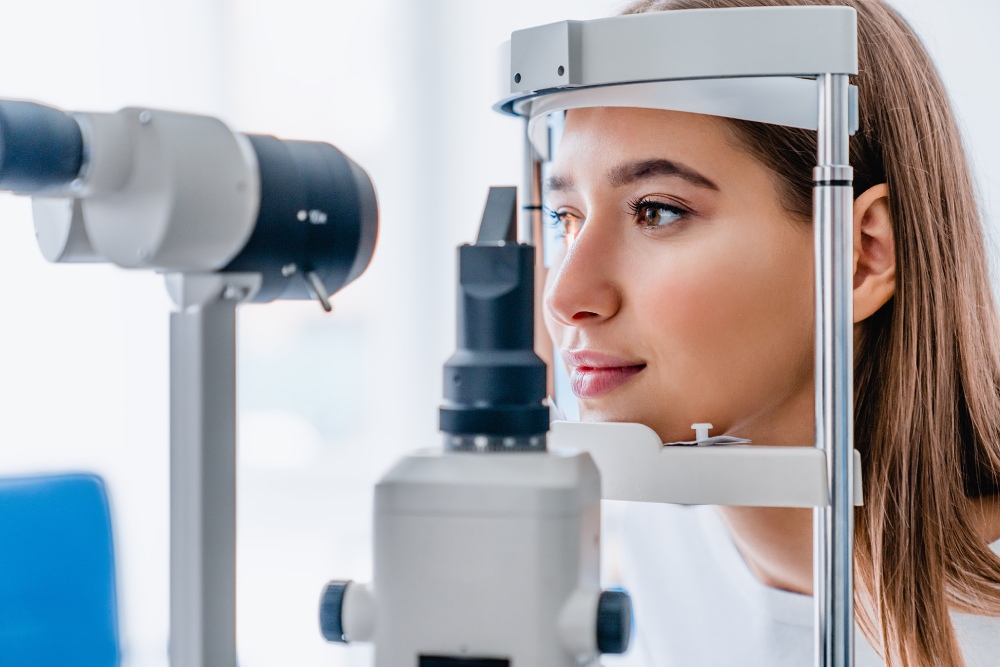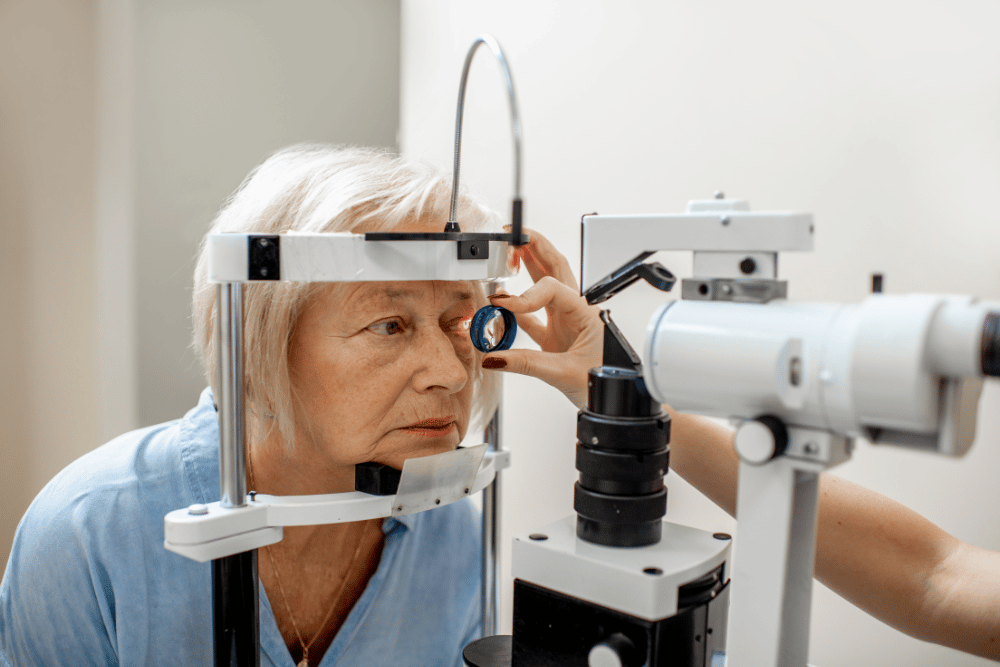When was the last time you had your eyes checked? If you’re like most people, it’s probably been a while. Eye exams are essential for everyone, even if you don’t wear glasses or contact lenses. An eye exam can detect many issues you may not be aware of, including serious eye diseases like glaucoma and macular degeneration. However, many people hesitate to schedule them because they’re unsure of the cost.
The good news is that many insurance plans do cover eye exams, but the coverage may vary depending on the type of plan you have. In this blog, we’ll walk you through everything you need to know about insurance coverage for eye care, so you can make the most of your benefits.
Will your eye exam be covered by insurance?
Whether or not your eye exam will be covered depends on the type of insurance plan you have and the reason for the exam. There is a difference between medical and vision plans, and each has its own set of benefits.
Vision plans
Vision plans, such as VSP or EyeMed, usually cover routine eye exams, glasses, and contact lenses. If you have a vision plan, you usually get one eye exam every one to two years without much or any cost to you. However, other services like dilation, contact lens fitting, or frames might have extra costs that your plan doesn’t fully cover.
Medical insurance
Medical plans, on the other hand, cover eye exams that are needed for medical conditions like diabetes, cataracts, or glaucoma. If you have a medical plan, your eye exam might be fully or partially covered, depending on your deductible and copay. Out-of-pocket costs might be a bit higher, but you’ll have more coverage in case of any medical issues. If you need to see an eye doctor for a specific medical condition, let someone at the front desk know, and they can categorize your exam as a medical visit.
How much will my eye exam cost?
Insurance plans typically cover a portion of the cost of an eye exam, but the coverage amount can vary. Some plans may require a co-pay, while others may ask for coinsurance, where you’ll be responsible for a percentage of the total cost. In some cases, there may be a deductible you have to meet before insurance coverage starts. It’s important to know what your insurance plan covers before making an appointment for an eye exam.
At Lawrenceville Family Eyecare, we accept a variety of insurance plans, including VSP, EyeMed, Aetna, and Cigna. If you’re unsure about your coverage, our friendly, experienced team can assist you in verifying your insurance and maximizing your benefits. We want to make sure you receive the best possible care without any unexpected out-of-pocket expenses.
Don’t wait to schedule your next eye exam! Our eye doctor in Lawrenceville, Georgia can catch any potential issues early on, leading to better treatment outcomes in the long run. Give us a call today to schedule yours and feel free to ask any questions about your insurance coverage!





